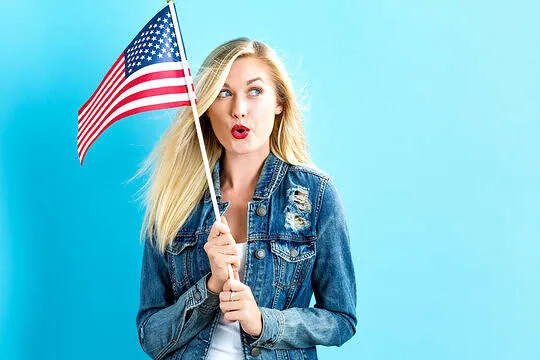Blog
Understanding the P-1 Visa: A Guide for Athletes, Entertainers & Their Essential Crew
Last Updated:
May 28, 2024
Last Updated:
September 24, 2025
Blog
Last Updated:
May 28, 2024
Last Updated:
September 24, 2025

Immigration law can be a complex maze, especially when it comes to understanding the different visa categories available. For athletes and entertainers eyeing the United States as their next destination, the P-1 visa is often the ticket in. But what exactly is the P-1 visa, and who qualifies for it? Let's dive in and get a better understanding of the P-1 visa.
The P-1 visa is a specific type of visa designed for two main categories of individuals: athletes and members of entertainment groups. There is also a sub-category for accompanying support personnel.
This option is tailored for athletes, either competing individually or as part of a team.
This option is for members of recognized entertainment groups.
This option is suitable for personnel who are an important part of the performance/work of the P-1 visa holder, either as an athlete or an entertainment group.
Foreign national athletes eyeing the U.S. for their next competition or performance can benefit from the P-1A visa. Here's what you need to know:
The P-1A visa can last up to five years. However, if the athlete's contract is shorter than this period, the visa will be limited to that duration. Athletes can apply for a renewal if necessary. The maximum duration of a P-1A is ten years.
An essential requirement is that the athlete must have a Petitioner for the case which could be a U.S. employer, U.S. sponsor, U.S. agent, or foreign employer through a U.S. agent.
To qualify for a P-1A visa, an athlete must fit into one of the following categories:
The evidence that must be submitted will vary based on which of the above category the athlete qualifies for. However, across all categories, an athlete’s employer or agent must submit the following:
For entertainment groups, the P-1B visa may be the pathway to performing in the U.S. Here are the key points:
The P-1B visa can last up to one year. However, if the group’s contract is shorter than this period, the visa will be limited to that duration. Musicians can apply for a renewal, if necessary, in increments of up to one year.
To qualify for a P-1B visa, an entertainment group must meet the following requirements:
The following evidence must be submitted by the entertainment group’s sponsor:
Foreign national athletes and entertainment groups can bring essential support personnel with them to the U.S. on the P-1S visa.Here is some additional information on the P-1S:
The P-1S visa can last up to one year. However, if the essential support personnel’s contract is shorter than this period, the visa will be limited to that duration. Essential support personnel can apply for a renewal, if necessary, in increments of up to one yea
An essential requirement is that the essential support personnel must have a Petitioner to file the case which can be a U.S. employer, U.S. sponsor, U.S. agent, or foreign employer through a U.S. agent.
To qualify for a P-1S, the essential support personnel must:
The following evidence must be submitted by the essential support personnel’s sponsor:
*** Please note that an essential support personnel coming to work in a Major League Sport, such as Major League Baseball, Major League Basketball, etc., are not required to have experience working with the P-1 athlete or team.
Navigating the world of immigration law can be challenging but understanding the specifics of the P-1 visa can make the journey smoother for athletes, entertainers, and their essential support personnel. If you're considering applying for a P-1 visa or need more information, contact our immigration law firm for guidance.
Note: Always consult with an immigration attorney to understand the nuances and specifics related to your individual case.